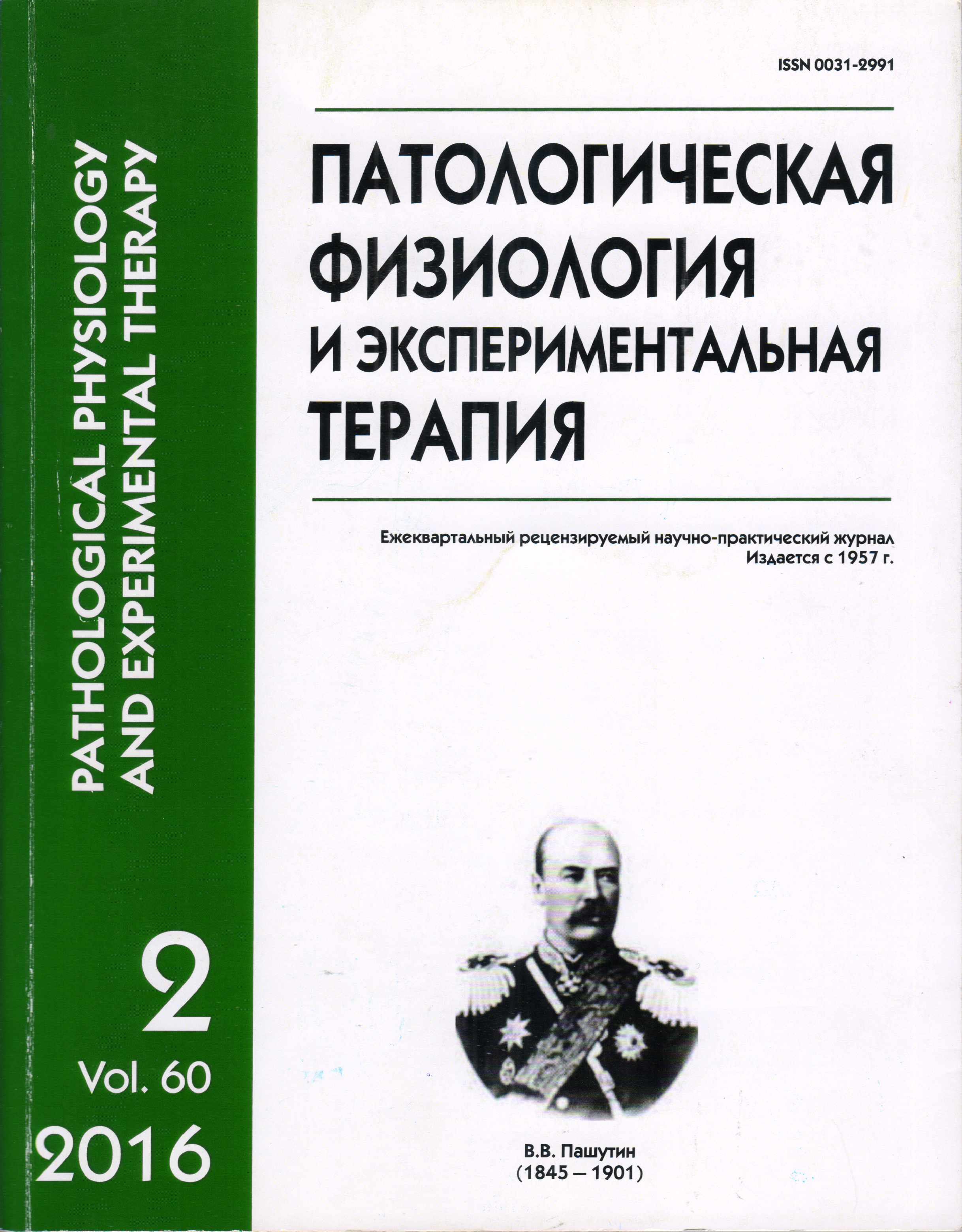Exercise and age-related cognitive decline
Abstract
Cognitive abilities degradation induced by aging impairs the quality of life of the victims themselves, their families and becomes an essential difficulty for the society. The tendency of demographic changes in the world testifies to the forthcoming escalation of this problem. On such call of social development the medicine should and can respond by improving the prevention and treatment of senile dementia. As confirmation of opportunities of modern science medical observations and experimental results are presented in the review. They indicate that the exercise slow down the development of many manifestations of senile brain degradation. Are reduced: oxidative stress, the permeability of the blood-brain barrier, the activation of myeloid cells, activation of complement; are raised: neurogenesis in the dentate gyrus of the hippocampus, expression of neurotrophic factors, synaptogenesis, neural plasticity, proliferation of endothelial cells and angiogenesis, pericytes content. Naturalness of exercise as a prophylactic and therapeutic factor suggests that it at reasonable application can have no adverse effect.






